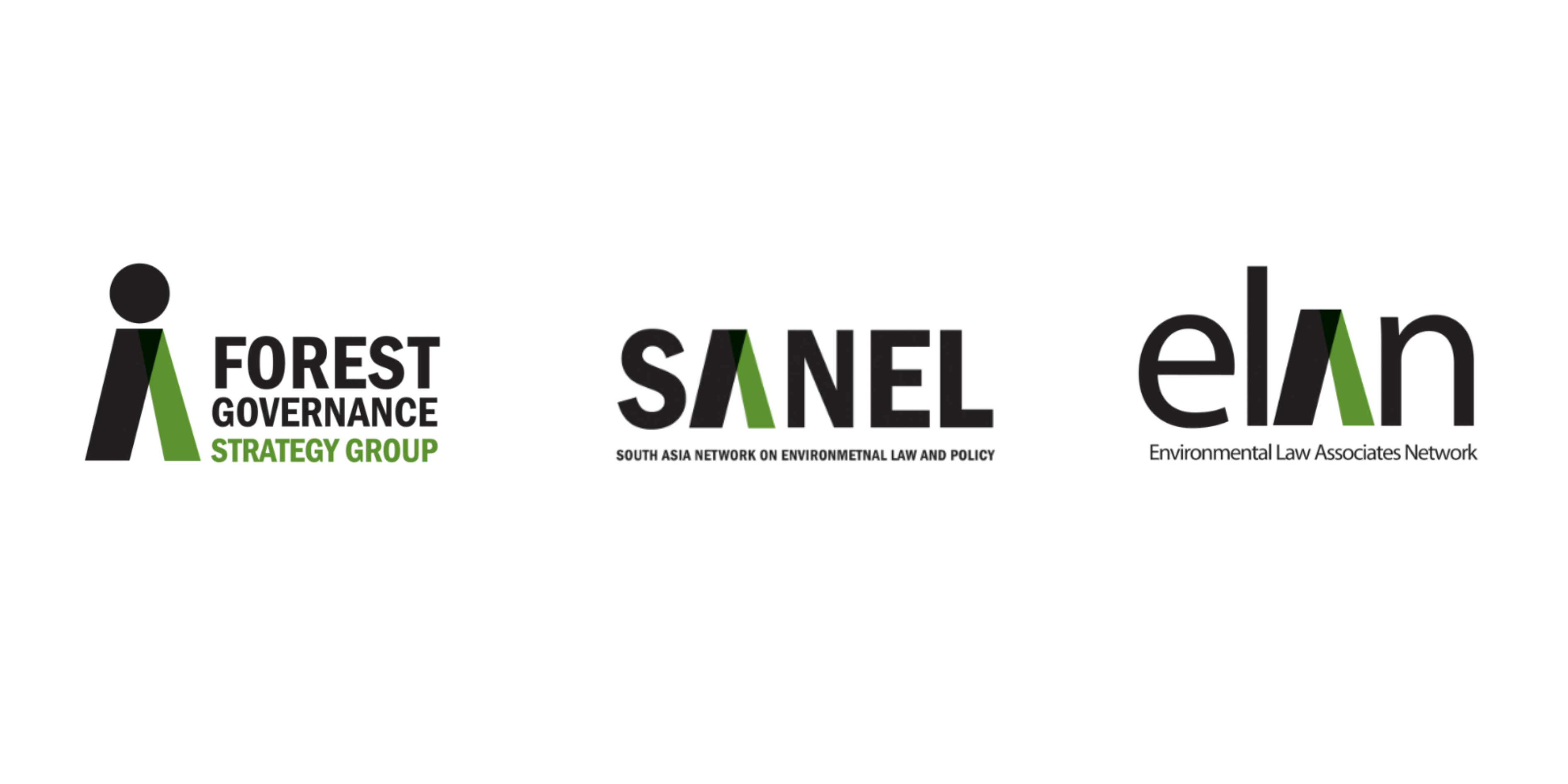Environmental Law as a discipline and Environmental Lawyers as professionals have still not achieved a status of a mainstream lawyering practice in India. One of the key reasons is the fact that very little support is offered to these organizations as well as individuals. Often environmental and natural resources law is an add-on to the existing law practice of criminal and civil law. The uniqueness of skills and environment that is required to facilitate environmental lawyering as a full time discipline is still a distant reality in the existing legal system. It is here that the Environment Law and Development Foundation (ELDF) sought to fill a void. For the past few years ELDF has been fortunate to engage itself in various dimensions of natural resources lawyering- from field based litigation, training to imparting qualitative environmental law education to both premier natural resources organizations and people’s organizations at the grass roots. The journey has been really challenging and on its way a strong team has emerged at the capital.
It has been felt in our course of work and it has been the experience of many that in a country as huge as India, no individual or one organization can do justice to the vast conflicts that arise in the area of natural resources use and conservation. Often disputes manifest in different locales with a case which might originate somewhere else. The forums for dispute resolutions are also spread within the sub-continent. Also India with its vastness and competence can serve as a good example of setting a precedent of like-minded professional uniting for a worthy cause which has the potential of impacting the South Asian region has a whole.
It is in the light of the above back ground that elan has been conceived. The basic objective is to create a strong network of professionals working on Natural Resource Law so that as per the requirement or the nature of the problem, the network can be mobilized and scaled up to deal with a conflict situation. This is in addition to facilitate free and fair flow of ideas and information in the field of natural resource law. elan would also serve as a neutral platform for sharing of ideas and information from all around the country on different issues related to Natural Resource Law. It is often experienced that a strategy that has worked in one area has the potential of being effective in another situation with similar circumstances. The only reason where similar strategies have not worked is the lack of knowledge of the same and not its merit.
elan proposes to:
elan - Towards a Professional Body
The Environment Law and Development Foundation promoted by ELDF has identified about eighty one lawyers from around the region who shall be approached for this network. The estimate is that at least one third may join initially while the others will join seeing the merit of such a professional network once it is vibrant and functional.
The concept of elan is to eventually establish a membership based network in order to make the network financially self-sufficient. The method would be to charge a membership fee and at the same time ensure professional work worth twice the amount in the same year so that the network can not only establish itself but also grow with its reputation. This will eventually obviate the need to be dependent on grants.

